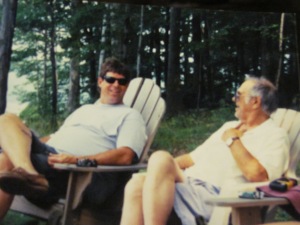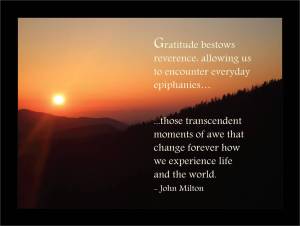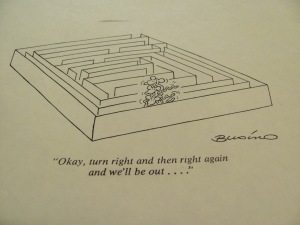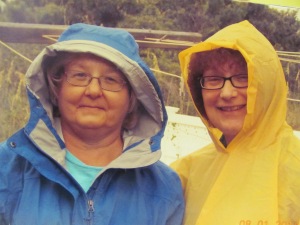For me, the first two weeks of the New Year have been dominated by viewings and funerals for two people in my immediate circle. The gathering of loved ones to celebrate the lives of these wonderful people highlighted for me the importance of maintaining close ties with all the touchstones, all the friends and family, who bring meaning and value to our lives. I know there are many who at some point want to distance themselves from friends and loved ones as they “head out on their own.” But as the following story of The Kite Without a Thread points out, even when we are out there on our own, we still need to maintain the ties with friends and family.
Once a father and son went to the kite flying festival. The young son became very happy seeing the sky filled with colorful kites. He too asked his father to get him a kite and a thread with a roller so he can fly a kite too. So, the father went to the shop at the park where the festival was being held. He purchased kites and a roll of thread for his son.
His son started to fly a kite. Soon, his kite reached high up in the sky. After a while, the son said, “Father, It seems that the thread is holding up a kite from flying higher, If we break it, It will be free and will go flying even higher. Can we break it?” So, the father cut the thread from a roller. The kite started to go a little higher. That made a son very happy.
But then, slowly, the kite started to come down. And, soon it fell down on the terrace of the unknown building. The young son was surprised to see this. He had cut the kite loose of its thread so it can fly higher, but instead, it fell down. He asked his father, “Father, I thought that after cutting off the thread, the kite can freely fly higher. But why did it fall down?”
The Father explained, “Son, at the height of life that we live in, we often think that some things we are tied with are preventing us from going further higher. The thread was not holding the kite from going higher, but it was helping it stay higher when the wind slowed down and when the wind picked up, you helped the kite go up higher in a proper direction through the thread. And when we cut the thread, it fell down without the support you were providing to the kite through the thread.”
The son realized his mistake.
As the moral points out, “Sometimes we feel that we can progress quickly and reach to the newer heights in our life if we were not tied up with our family, our home. But, we fail to realize that our family, our loved ones help us survive the tough time in our lives with their support and encourage us to reach higher heights in our life. They are not holding us, but are supporting us. Never let go of them.”
Because our life journey will include many bumps, rough patches, detours, and changes along the way, our friends and family provide a measure of stability that is most helpful when dealing with the bumps associated with our life journey. They anchor us, they listen, they encourage, they provide suggestions and advice, and they are just there to provide whatever support may be needed. They do not hold us back but rather provide us the necessary support, just like the kite string, to keep moving forward.
Whether a family member or a friend is with us for a lifetime or only a moment in time, everyone who crosses our path does so for a reason. That reason may be crystal clear or remain a mystery for a long time. But no matter what, we need to make and get the most we can out of all the moments of connection. Each moment of connection adds someone who gives us something – an experience, an idea, the encouragement, the strength – to handle the blessings and the challenges along our life journey.
Our “personal kites” will fly higher and longer if we remember to have a good relationship with all family members and friends. We need to be appreciative, open, honest, tolerant, patient, kind, caring, and considerate. We need to look for mutually beneficial solutions to situations. And, we need to go with the flow remembering to laugh, smile, and have fun along the way. If we do so, we will be able to survive the tough times we encounter on our life journey because of the support and encouragement of those around us. How much richer and fuller our lives will be when we maintain the connection (keep the string) with and have the support of our family and friends.














































